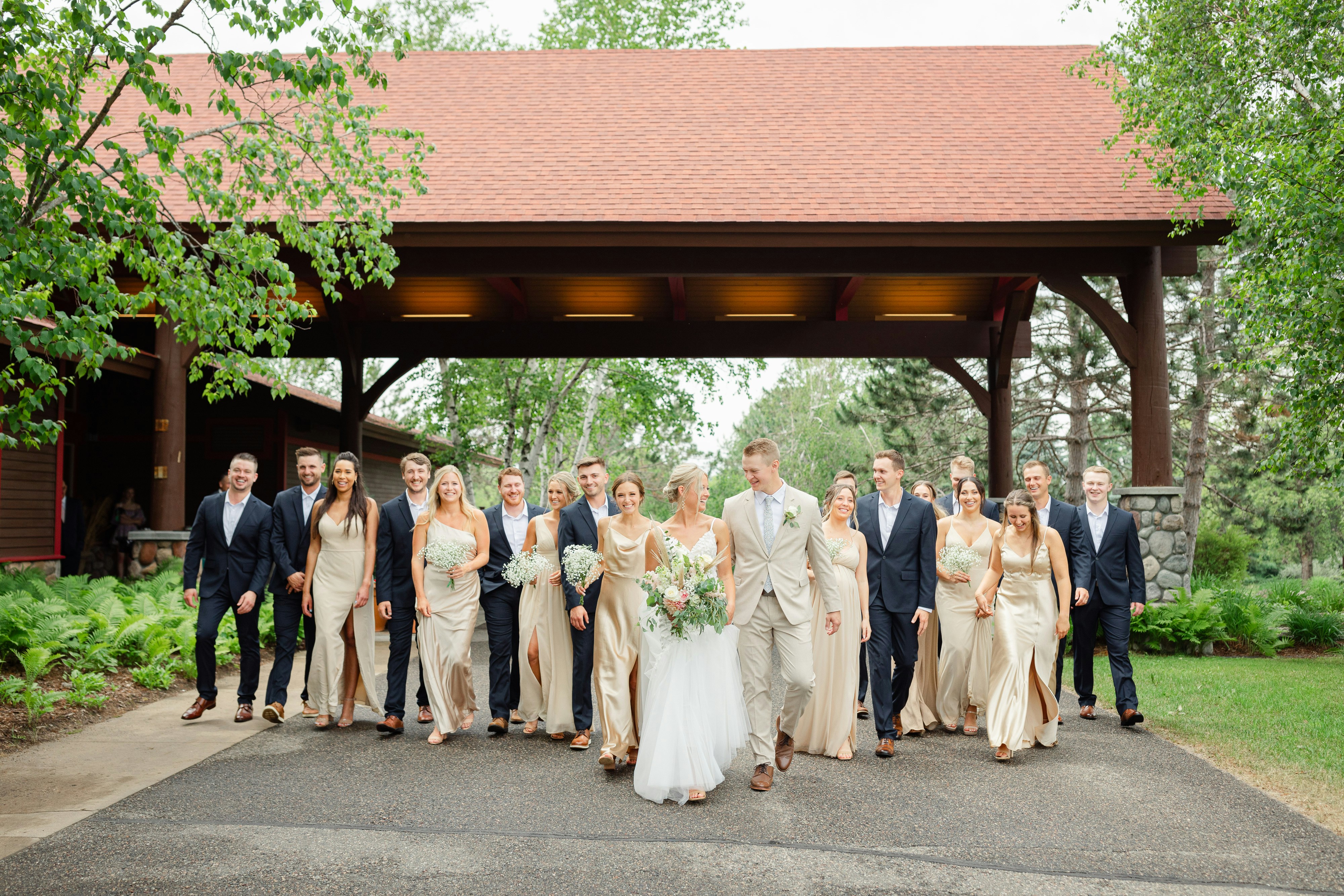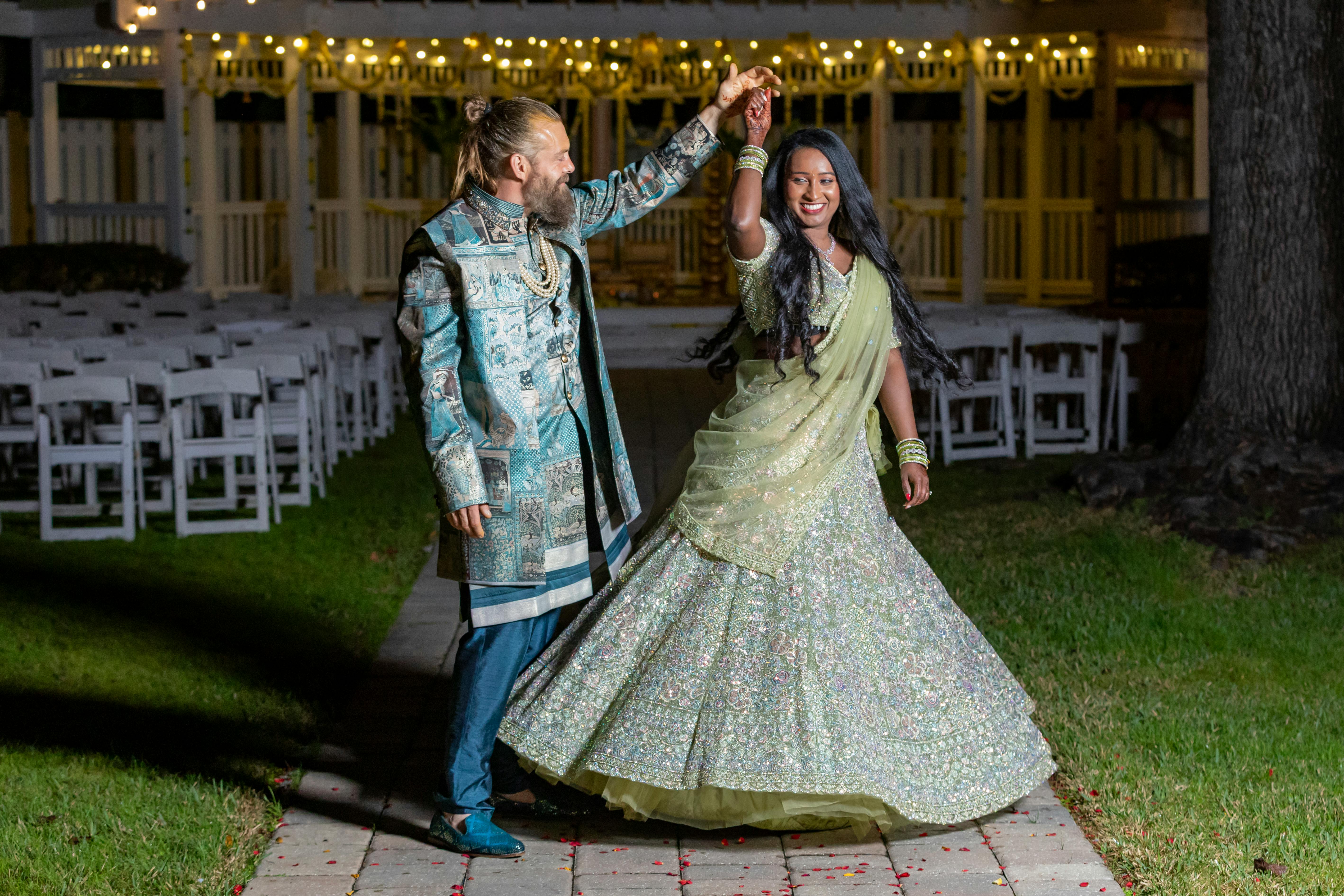Post-Wedding Depression: What It Is and How to Cope

You’ve said “I do,” danced the night away, and come back from a dreamy honeymoon. Now what? Surely, you’d think married life would start with nothing but pure bliss, but many newlyweds are often despondent come the end of their joyous nuptials.
“Post-wedding depression is the name for the emotional comedown many couples experience after the emotional high of the wedding and honeymoon,” sez relationship therapist and Dr Adrian Willis. “It’s not clinical depression, but stuff can feel pretty similar — low energy and an empty feeling and not getting much enjoyment out of life.”
Unlike more severe depressive disorders, which may not have an identifiable cause, post-wedding depression is quite simply tied to the end of the wedding period—and the emotional void that can follow.
Sex and relationship therapist Julia Ray adds that it’s far more common than people realize. Here, Dr. Willis and Ray explain why this emotional dip happens, how to identify it and what couples can do to get through it together.

Why Do You Get Post-Wedding Blues?
When Reality Sinks In
The days before a wedding can be a time of excitement, joy, and fantasy. But when the party is over, transitioning back to real life can be jarring.
“One common push is the desire that a wedding will fix pre-existing relationship problems,” Ray says. “But then when the ceremony ends and those issues persist, or new ones arise, they feel disenchanted. For others, sexual dynamics can shift after marriage as a result of the sense of being ‘trapped.’ ”
The End of the Spotlight
It’s no secret: on your wedding day, you and your partner are the celebrities of the show. “That kind of regard can really make the person feel seen,” Dr. Willis says. “But if someone has been craving that sort of validation — maybe because of unaddressed emotional deprivation earlier in life — they can crash when it’s gone.”
“When that spotlight goes dim and you are back to the regular life, it can also highlight a void, a hole, that was temporarily filled by the attention. It can also produce that flatus feeling or make you feel invisible.”
Whims of Fulfillment
“Many people put off being happy, thinking it’s always ahead,” Ray writes — whether that’s after a job promotion, a home purchase, or a wedding. “The difficulty with that mindset is that it robs you of joy in the present,” she says.
Dr. Willis concurs: “For some, wedding planning becomes their whole world. When it’s over, there is a void. Life can feel boring,” she said, “because without something to put your energy into, life can feel pretty mundane.”
Instead of imagining your wedding to be the zenith, think of it the way you would any other great experience that the two of you will have in your life.

Symptoms of Post-Wedding Depression
Now, if you’re not sure if you’re experiencing post-wedding depression, look out for the following signs:
- Persistent low mood
- Feeling irritable or having conflict with your partner
- No interest or pleasure in life
- Restlessness or boredom
- Doubting your relationship or direction in life
These feelings will pass, according to Dr. Willis, but don’t ignore persistent symptoms. If the depression doesn’t lift, doing talk therapy or, depending on how much it’s affecting your life, finding a therapist might be a good way to help get it under control. And taking care of mental health is just as important as taking care of physical health.
How to Deal With Post-Wedding Blues
Get Intentional During Wedding Planning
“One of the best ways to avoid post-wedding depression is to plan with intention,” Dr. Willis says. “Just focus on planning a celebration that truly represents you as individuals and as a couple, not what all your friends and family expect.”
To do this, he says, it helps to resist the temptation to compare your wedding too much to other people’s (this often leads to unrealistic expectations) — and instead make choices of value to us together.
Make Your Most Important Thing About the Wedding and Beyond
Ray advises that whichever your partnership, keep it healthy with conversations that don’t revolve around the wedding. “The wedding is a moment — but your marriage is a lifetime,” she says. “Continue to talk to one another candidly, particularly about concerns or fears. Open communication leads to emotional closeness — which is the greatest defense again post-wedding blues.”
This is where focusing on a fulfilling day-to-day life as a couple—and remembering that your marriage was just one chapter in a narrative that is significantly longer—can help you make the leap.


